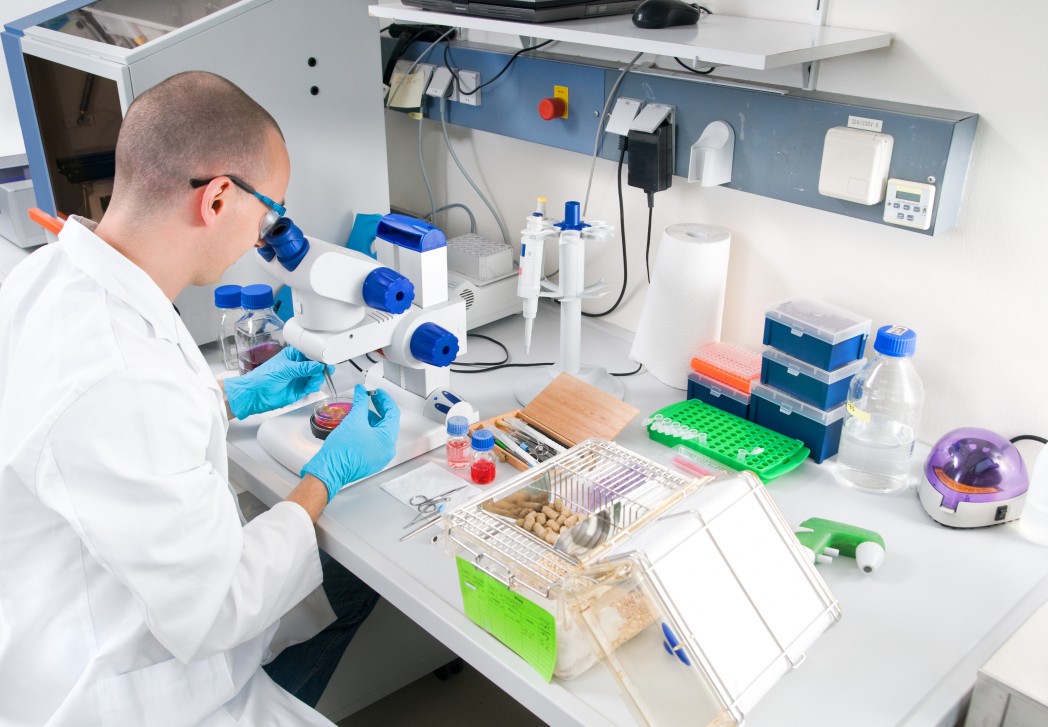Antioxidant MitoQ Shown As A Promising Therapy for ALS

A study led by researchers at The Center of Free Radical and Biomedical Research at Universidad de la Republica in Uruguay revealed that antioxidant therapies like MitoQ are a promising treatment strategy for amyotrophic lateral sclerosis (ALS). The study was published in the journal Free Radical Biology and Medicine and is entitled “Neuroprotective effects of the mitochondria-targeted antioxidant MitoQ in a model of inherited amyotrophic lateral sclerosis.”
ALS, also known as Lou Gehrig’s disease, is a progressive neurodegenerative disease characterized by the gradual degeneration and atrophy of motor neurons in the brain and spinal cord, responsible for controlling essential voluntary muscles, such as the ones related to movement, speaking, eating and even breathing. ALS patients may become totally paralyzed and the majority succumb to the disease due to respiratory failure within two to five years post diagnosis. There is currently no cure, and it is estimated that more than 300,000 Americans suffer from the disease. Effective therapeutic agents for ALS are urgently needed.
Growing evidence has suggested that motor neuron degeneration in ALS patients might be linked to mitochondrial dysfunction and oxidative stress. Mitochondria are small cellular organelles considered the “powerhouse” of cells were the energy for our bodies is produced. Mitochondrial dysfunction can interfere with energy production in cells, including motor neuron cells, compromising their function. Mitochondria are also a source of reactive oxygen species (ROS), which, when present in high levels, can induce significant damage to cell structures. This imbalance between ROS production and natural antioxidant systems is referred to as oxidative stress.
In the study, researchers investigated the possible involvement of mitochondrial dysfunction and oxidative stress in the pathogenesis of ALS. The team tested whether a mitochondria-targeted antioxidant called MitoQ could modify disease progression in ALS mouse models.
MitoQ is a synthetic antioxidant, analogous to the natural antioxidant Coenzyme Q10. MitoQ accumulates within the mitochondria and is able to efficiently reduce oxidative stress, minimizing cell damage. In the study, ALS mouse models were given MitoQ (500 µM) in their drinking water when early symptoms of neurodegeneration were manifested by the animals.
Researchers observed that after 20 days of MitoQ therapy, the compound was found in all tested mouse tissues. Remarkably, the animals under MitoQ treatment exhibited an improved muscular strength and a delay in the decline of the mitochondrial function in both their spinal cord and quadricep muscles. Markers of oxidative stress and pathological disease signs were noticeably reduced in MitoQ-treated mice. The team also found that MitoQ treatment significantly prolonged the life span of ALS mouse models.
“MitoQ increased approximately 6% the survival of the treated mice,” said the study’s senior author Dr. Patricia Cassina in a news release. “This might seem small, but it’s in the range of the best that other drugs have been able to achieve with this model in which the disease progression is extremely fast and there is a small window of opportunity to improve symptoms and survival.”
[adrotate banner=”18″]
“This study supports the role of mitochondrial dysfunction in the development and progression of ALS, which may allow for the development of more mitochondria-targeted therapies to fight this disease,” concluded study’s co-author and Director of the Center, Dr. Rafael Radi. “We also found that MitoQ has beneficial effects in the murine model of ALS, which will likely lead to clinical trials using MitoQ with ALS patients and hopefully lead to extend the survival and improve the quality of life of ALS patients.”
The Center of Free Radical and Biomedical Research is currently assessing the possibility of conducting human clinical trials on MitoQ to determine its impact on ALS patients.






